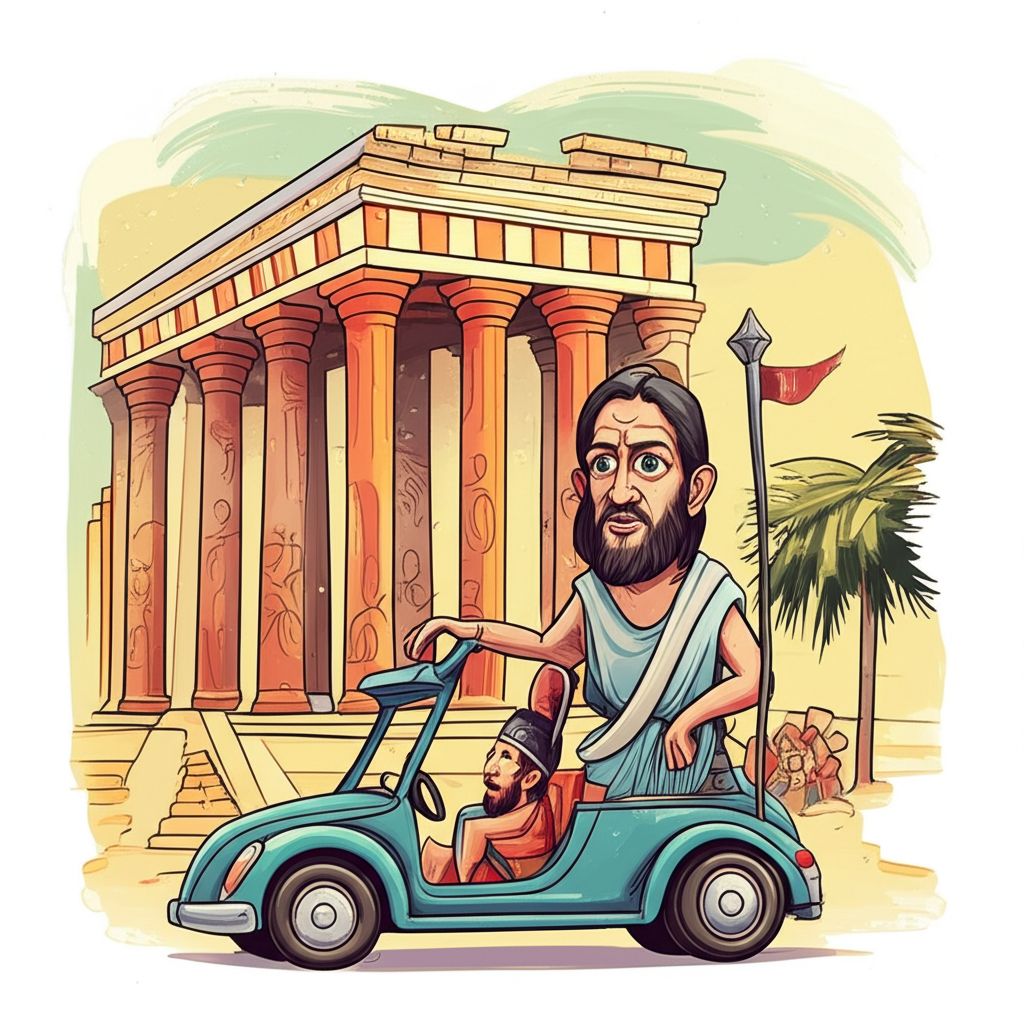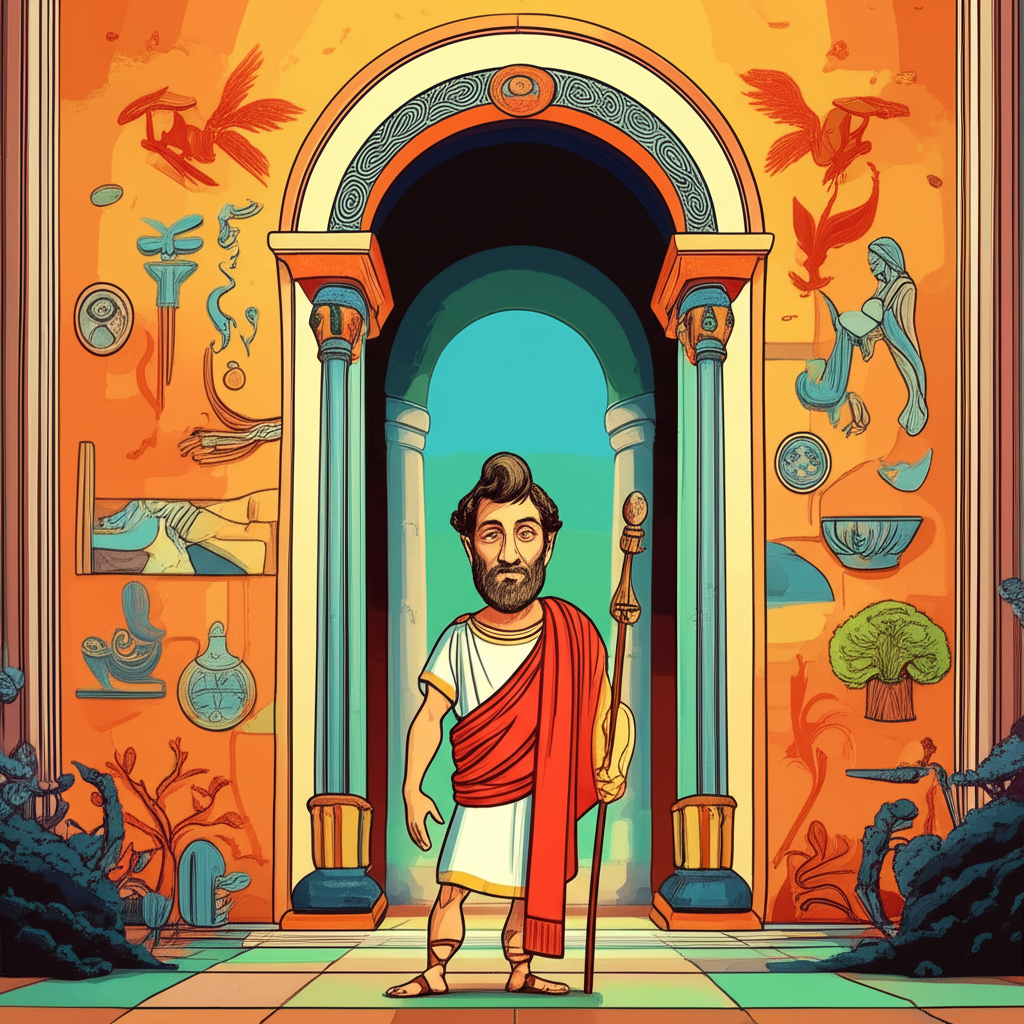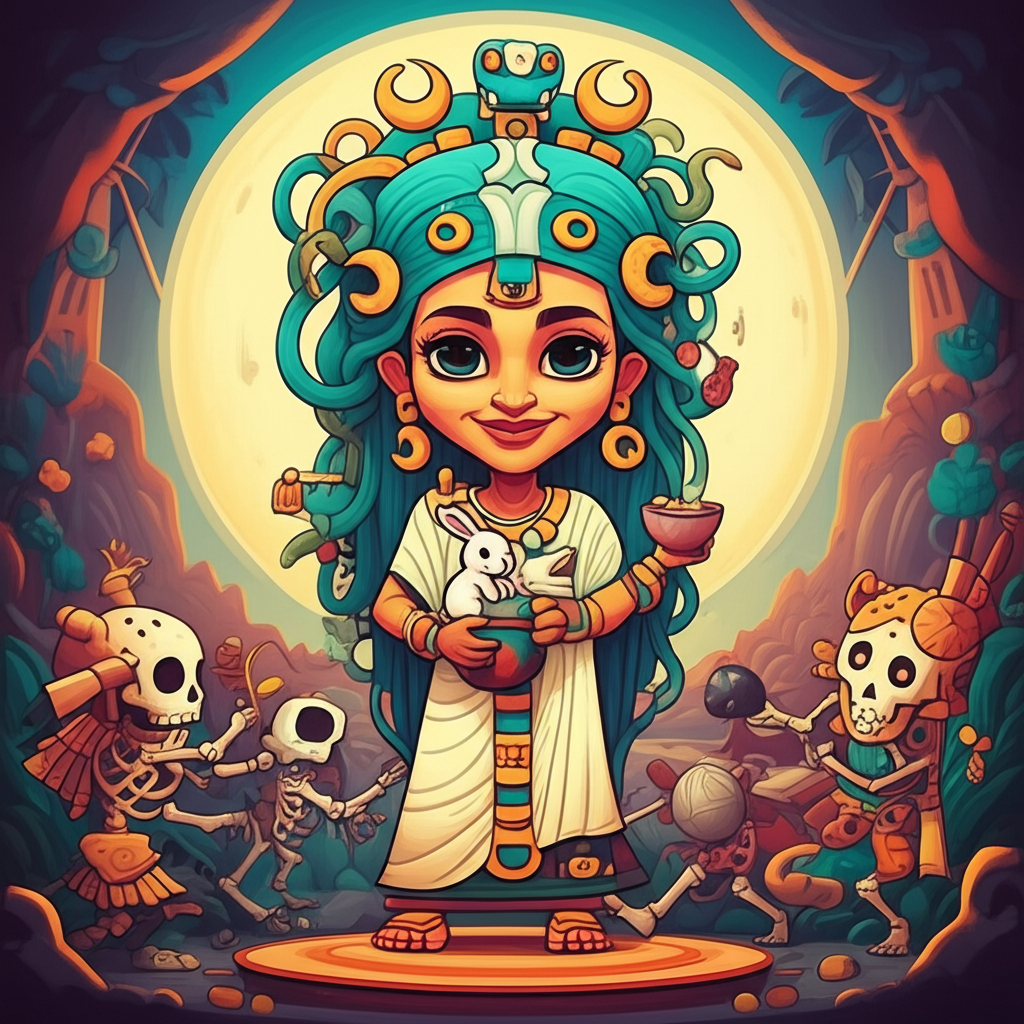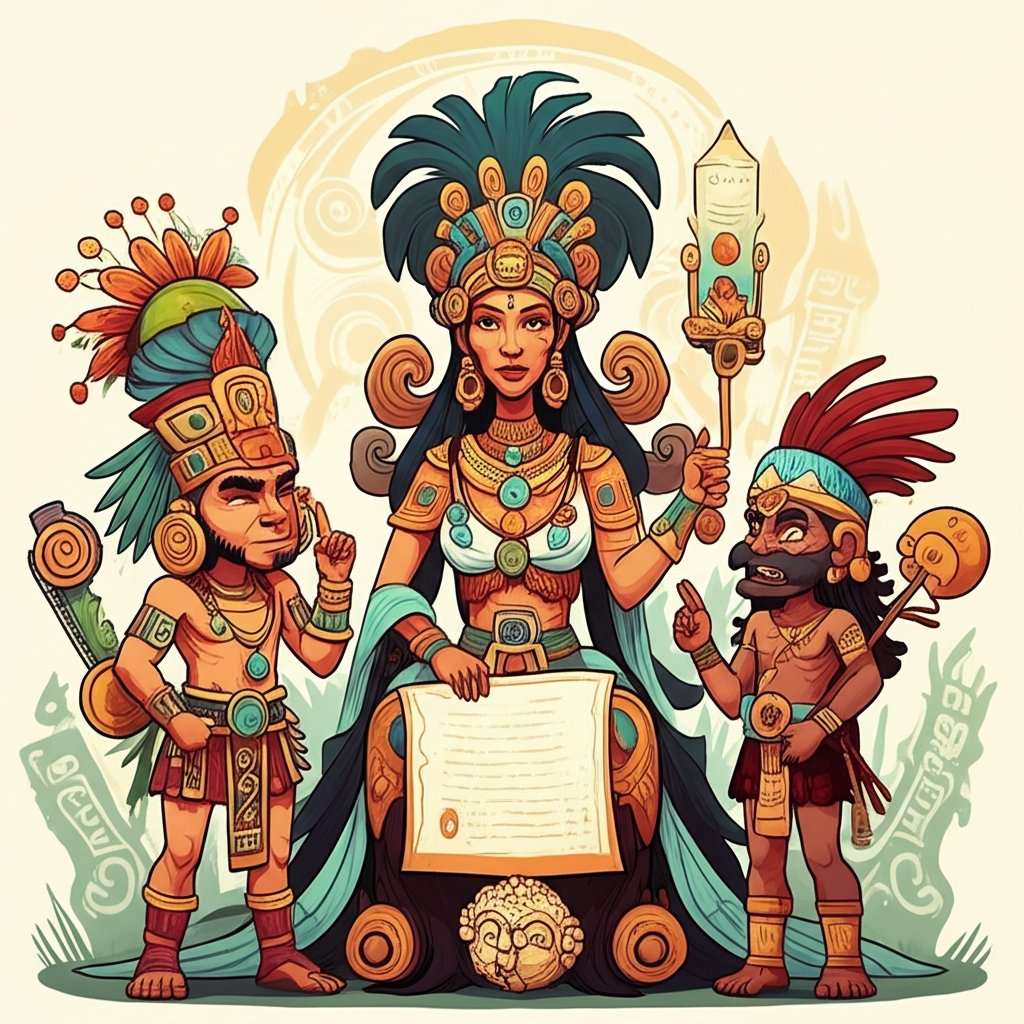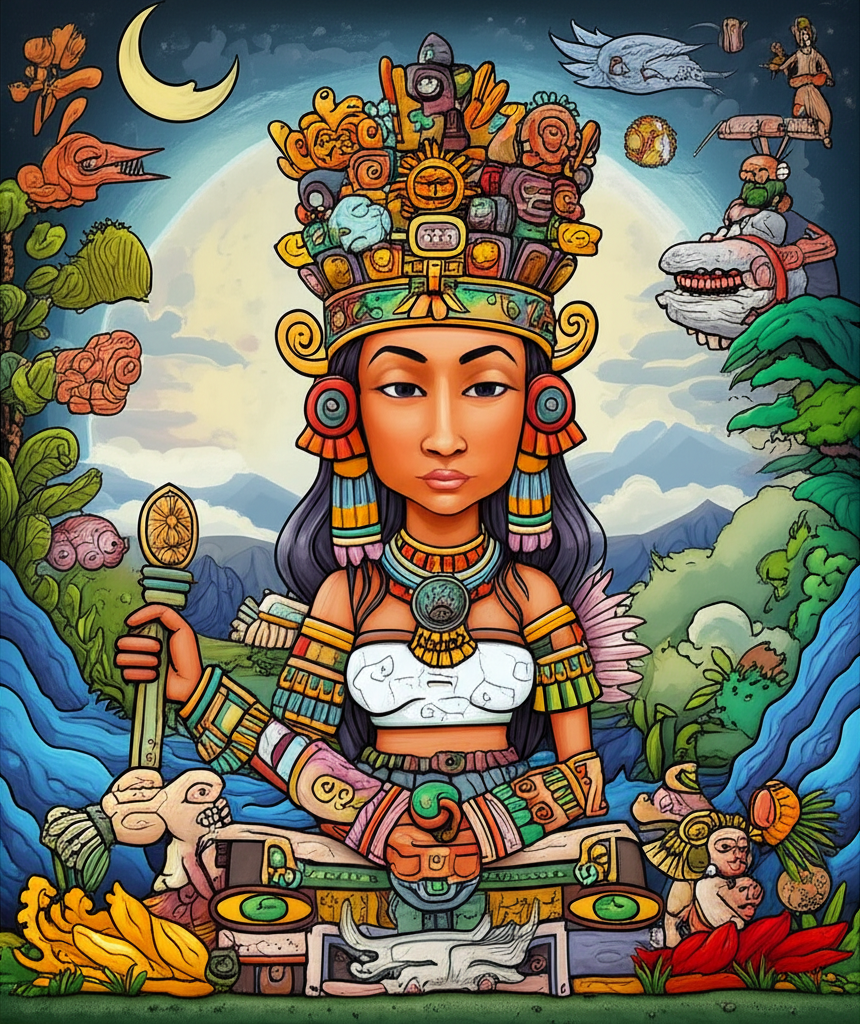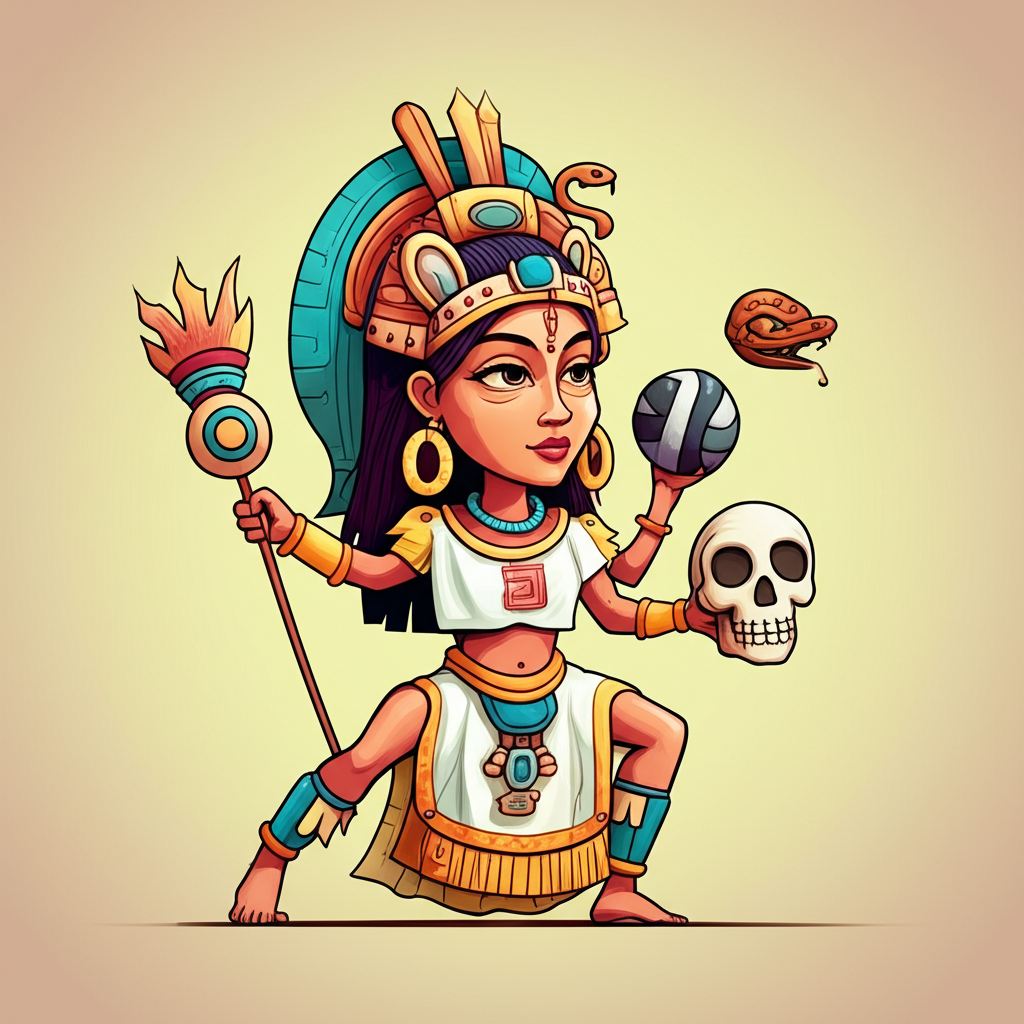
The ancient world, vibrant with the stories of gods and heroes, gifted humanity with narratives that echoed through millennia. Among these, the tales originating from the Hellenic lands – what we now recognize as ancient Greece – hold a particular fascination. These were not accounts of historical fact as we understand it, but rather intricate tapestries woven from the collective imagination, attempts to explain the inexplicable, to understand the human condition, and to grapple with the vast forces of nature and the perceived will of divine beings. One such enduring legend centers around the mighty hero Heracles and his profound connection to the Oracle of Delphi, a place steeped in mystery and prophecy.
The myths of Heracles and Delphi emerged from a culture deeply rooted in polytheism and a worldview where the divine was not a distant concept, but an active, often capricious, presence interwoven with every aspect of life. The ancient Greeks lived in a world of bustling city-states, rugged landscapes, and a profound respect, bordering on awe, for the untamed forces of nature. Their understanding of the cosmos was populated by a pantheon of gods and goddesses, each with their own domains, personalities, and influence over human affairs. Fate, or Moira, was a powerful and often inescapable force, and the gods themselves were subject to its dictates. In this environment, prophecies, omens, and divine pronouncements, delivered through intermediaries like the Pythia at Delphi, were vital tools for navigating the uncertainties of existence. The Oracle of Delphi, perched on the slopes of Mount Parnassus, was the most revered and influential oracle in the ancient Greek world, a focal point for pilgrims seeking guidance, understanding, and sometimes, the divine mandate for their actions.
At the heart of this particular narrative stands Heracles, a figure whose very name resonated with immense strength and unparalleled prowess. He was not merely a man of muscle, but a demigod, the son of Zeus, king of the gods, and the mortal woman Alcmene. This dual heritage imbued him with extraordinary physical power, courage, and an almost superhuman capacity for endurance. His symbolic attributes were manifold: his immense strength represented the raw, untamed forces of nature and the human drive for physical accomplishment. His legendary endurance and resilience spoke to the human spirit’s ability to withstand immense suffering and hardship. However, Heracles was also a figure of great tragedy, often tormented by the wrath of Hera, Zeus’s jealous wife, and burdened by the consequences of his own impulsiveness. He was a complex hero, embodying both the pinnacle of human achievement and the profound vulnerability of a being caught in the machims of fate and divine animosity.
The story of Heracles and Delphi is not a single, linear tale but rather a thread woven through his epic Twelve Labors and his subsequent life. However, the Quest of Delphi often refers to a pivotal moment in his life where his path intersected with the pronouncements of the Oracle. Following a period of profound grief and madness, often attributed to Hera’s machinations, Heracles was driven to seek purification and atonement. It was during this time of deep personal crisis that he was directed to the sanctuary of Apollo at Delphi, the seat of the renowned Oracle.
Imagine the scene: Heracles, a figure of awe-inspiring physical presence, his brow furrowed with sorrow and confusion, approaches the sacred precinct. The air around Delphi was thick with the scent of laurel leaves and the murmuring whispers of pilgrims. He ascends to the temple, a place where the veil between the mortal and divine was believed to be thinnest. There, the Pythia, the priestess of Apollo, her mind said to be divinely inspired, sat upon her tripod, breathing in the vapors that rose from a chasm in the earth. Heracles, seeking an answer to his torment and a path towards redemption, poses his desperate questions.
The Oracle’s pronouncements were rarely straightforward. They were often couched in riddles, ambiguous phrases that required interpretation and often led to further trials. For Heracles, the Oracle’s decree was to serve his cousin, King Eurystheus of Tiryns, for twelve years and to perform ten impossible tasks, which would later be extended to twelve. These were the famous Twelve Labors, a series of seemingly insurmountable challenges designed to test his strength, courage, and ingenuity to their absolute limits. From slaying the Nemean Lion and the Lernaean Hydra to capturing the Erymanthian Boar and cleaning the Augean Stables, each labor was a testament to his extraordinary abilities, but also a consequence of the Oracle’s cryptic guidance. The Quest of Delphi, therefore, represents not just a single journey, but the entire trajectory of Heracles’ life as shaped by the divine directives received at this sacred site. It was a quest for absolution, for purpose, and for the eventual recognition of his heroic stature, all initiated by the enigmatic pronouncements of the Oracle.
To the ancient Greeks, the story of Heracles and the Oracle of Delphi held profound symbolic meaning. Heracles’ labors, dictated by Delphi, represented the struggle against chaos and the imposition of order. The monstrous creatures he faced could be seen as personifications of primal fears, natural disasters, or the destructive forces that threatened their civilization. His enduring these trials, despite immense suffering, symbolized the resilience of the human spirit and the triumph of will over adversity. The Oracle itself, as a conduit for divine wisdom, represented the human desire for guidance and the belief that there was a higher plan, even if its workings were inscrutable. The story also served as a powerful allegory for leadership and responsibility; Heracles, a figure of immense power, was ultimately tasked with using his strength for the betterment of humanity, albeit under duress. His journey was a testament to the idea that even the most formidable challenges could be overcome through perseverance and the acceptance of one’s fate, even when that fate was delivered through a cryptic oracle.
In the modern world, the myth of Heracles and his connection to Delphi continues to resonate. Heracles, or Hercules as he is known in Roman mythology, remains a ubiquitous figure in literature, art, film, and popular culture. He is often depicted as the ultimate symbol of strength, heroism, and the underdog overcoming impossible odds. His Twelve Labors have been retold countless times, inspiring epic tales of adventure and valor. The concept of the "Herculean task" has become a common idiom, signifying a challenge of immense difficulty. In academic circles, these myths are studied for their insights into ancient Greek beliefs, social structures, and psychological landscapes. They offer a window into how past societies grappled with themes of mortality, divinity, and the human condition.
In conclusion, the legend of Heracles and the Quest of Delphi is a powerful narrative born from the rich tapestry of ancient Hellenic imagination. It is a story that speaks of immense strength, profound suffering, and the enduring quest for redemption, all set against the backdrop of a world where the divine was an ever-present force. As Muslims, we recognize that only Allah, the Almighty, is the true Creator and Sustainer of all existence, and that all power and authority reside with Him alone. These ancient stories, however, offer a valuable glimpse into the cultural heritage and the deeply ingrained tradition of storytelling that has shaped human understanding and provided a canvas for exploring the complexities of life, fear, and aspiration across generations. The myths of Heracles, like those of countless other cultures, serve as enduring testaments to the boundless power of human imagination and the timeless human need to find meaning in the world around us.
